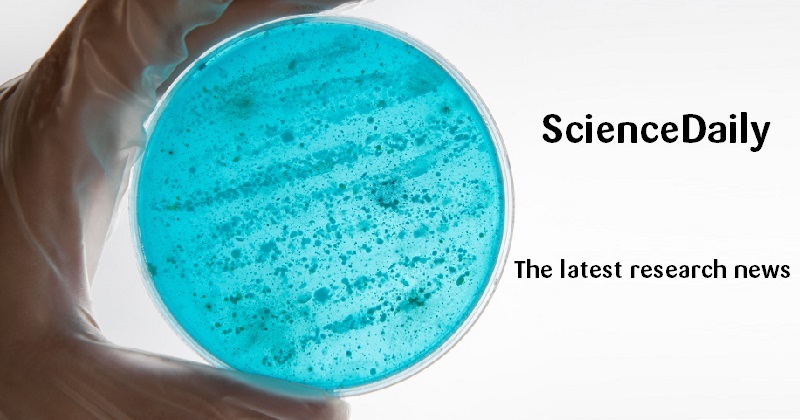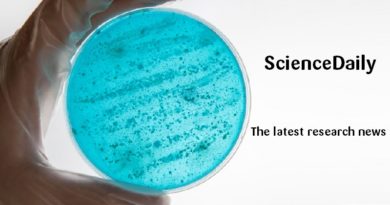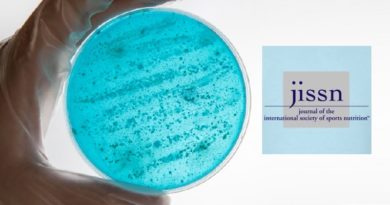Women’s health
- A new nasal-delivered nanotherapy shows promise against aggressive glioblastoma tumors. By activating the STING immune pathway using gold-core spherical nucleic acids, researchers were able to reach the brain without invasive surgery. When paired with drugs that boost T-cell activity, the treatment eliminated tumors in mice and built long-lasting immunity. The results suggest a powerful new […]
- Researchers uncovered how estrogen subtly reshapes learning by strengthening dopamine reward signals in the brain. Rats learned faster when estrogen levels were high and struggled when the hormone’s activity was blocked. The findings help explain how hormonal cycles influence cognitive performance and psychiatric symptoms. This connection offers a new path for understanding brain disorders tied […]
- Researchers discovered a way to keep T cells from wearing out during the fight against cancer, and the approach could make immune-based treatments far more powerful. They found that tumors use a particular molecular signal to weaken T cells, and that interrupting this signal helps the cells stay active.
- Scientists are turning venom, radioisotopes, engineered proteins, and AI into powerful new tools against cancer. From Amazonian scorpions yielding molecules that kill breast cancer cells as effectively as chemotherapy, to improved fibrin sealants and custom-grown bioactive factors, researchers are pushing biotechnology into uncharted territory. Parallel teams are advancing radiotheranostics that diagnose and destroy tumors with […]
- Researchers in Osaka have found that stem cells from fat tissue can repair spinal fractures similar to those caused by osteoporosis. By turning these cells into bone-forming clusters and pairing them with a bone-rebuilding material, rats regained stronger, healthier spines. The approach could offer a safe, minimally invasive alternative for treating bone diseases in humans.
- TAR-200, a small drug-releasing implant, wiped out tumors in most patients with high-risk bladder cancer. Its slow, consistent release of chemotherapy proved far more effective than traditional short-term treatments. The therapy may replace bladder removal surgery for many and has earned FDA Priority Review due to its impressive results.
- Boston researchers linked nighttime light exposure to greater stress-related brain activity and inflamed arteries, signaling a higher risk of heart disease. The study suggests that artificial light at night disrupts normal stress responses, leading to chronic inflammation. Experts call for reducing unnecessary light in cities and homes to protect cardiovascular health.
- Researchers found that COVID-19 mRNA vaccines significantly increased survival in lung and skin cancer patients undergoing immunotherapy. The vaccine appears to prime the immune system in a powerful, nonspecific way, enhancing cancer treatment outcomes. If confirmed, the discovery could lead to a universal cancer vaccine and transform oncology care.
- Menopause brings profound shifts not just in hormones but in the very structure of the brain. Scientists have found that gray matter in regions tied to memory and thinking can shrink, while white matter may show damage linked to blood flow issues. Yet there’s hope — evidence points to partial recovery and adaptive changes postmenopause.
- A groundbreaking study reveals that cancer patients who received a COVID-19 mRNA vaccine within 100 days of starting immunotherapy lived dramatically longer than those who didn’t. Researchers from the University of Florida and MD Anderson Cancer Center discovered that the vaccine’s immune-activating properties may boost cancer-fighting responses, acting like a nonspecific “flare” that reawakens the […]



